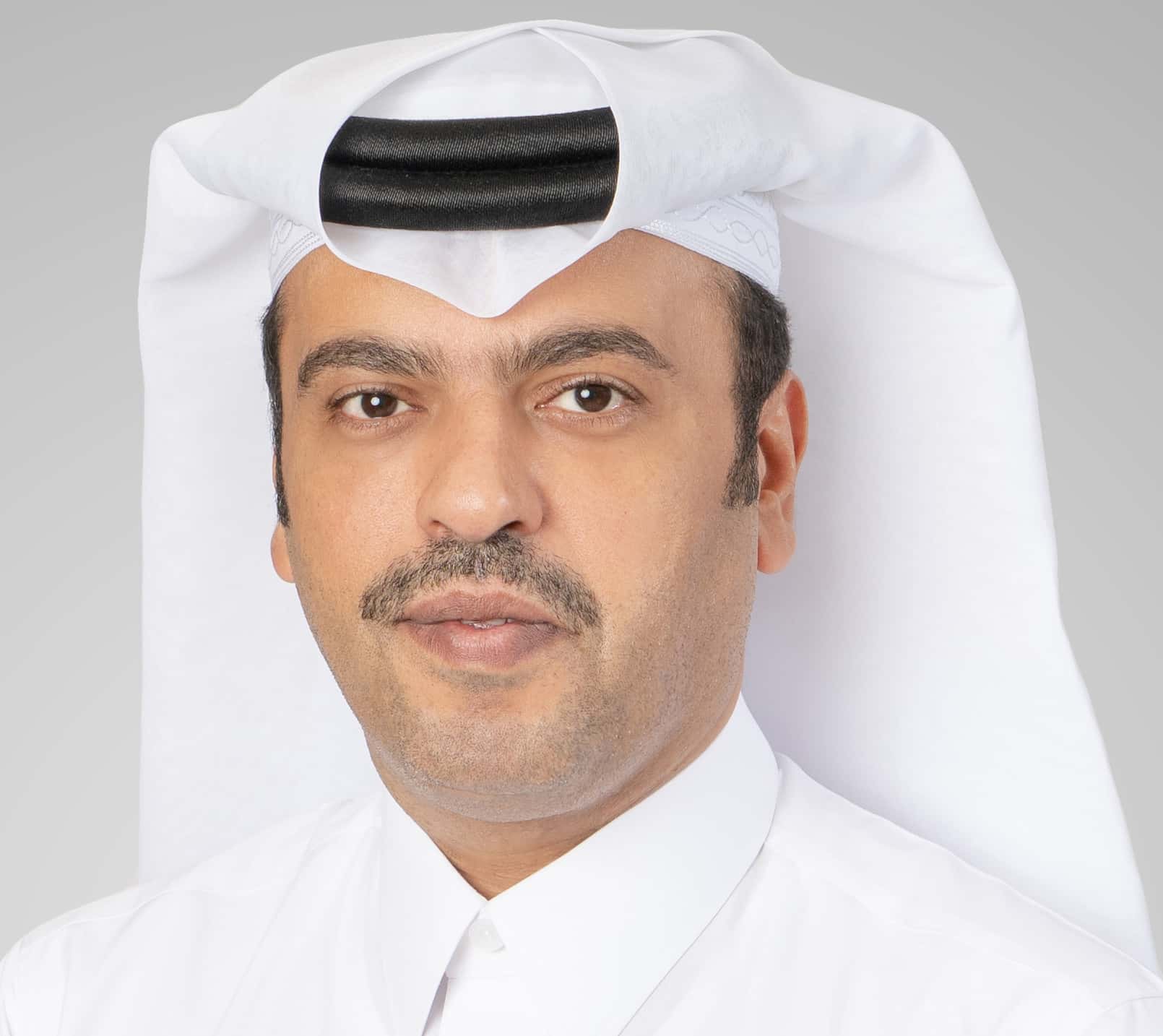Abdulla Mubarak Al-Khalifa, Group CEO of Qatar National Bank, talks to Global Finance about the bank’s internal growth and outlook for the year.
Global Finance: What is QNB’s outlook?
Abdulla Mubarak Al-Khalifa: Covid-19 changed our existing way of life, both in our individual and corporate environment. These changes are shaping the new normal across our economic and social landscape. Customer interaction is shifting from physical to remote channels, accelerating the drive toward digitization and automation, impacting banks’ business and operating models. Finally, the emphasis on climate change is expected to impact banks’ portfolios, balance sheets and operations.
This led us to review our strategy to affirm our aspiration as a leading Middle East, Africa and Southeast Asia bank while maintaining our number one ranking in the Middle East and Africa. We aim to foster our core value proposition as an international wholesale bank while leveraging innovation as a strategic enabler. Delivering upon our strategy will allow us to create long-term profitable growth and deliver sustainable value while responding swiftly to future global economic challenges.
GF: QNB saw rising profits in 2021, mainly from loan growth. What’s driving that?
Al-Khalifa: Qatar introduced the Qatar National Vision 2030 to transform the country into a knowledge-based economy. This diversification was driven by major infrastructure and investment spending programs to nurture private sector engagement.
Qatar applied a prudent fiscal policy to ensure economic growth, balance revenue and expenditures, advance structural policy reforms and build the necessary buffers to mitigate volatility from external shocks. Structural reforms were implemented, and new laws were ratified to enhance the attractiveness of Qatar and promote foreign direct investments.
Furthermore, Qatar decided to increase its liquified natural gas production by 64% by 2027 to maintain its position as the world’s largest LNG exporter through the expansion of the North Field. These measures should support robust, stable and healthy loan growth.
GF: Rating agencies suggest Qatari bank debt is a rising concern. What’s your view?
Al-Khalifa: Qatar’s banking system is healthy and robust. Total assets grew by 29% over the last three years. Loans and deposit growth were also healthy, with 29% and 20% respectively over the previous three years. Banks are well capitalized with a capital adequacy ratio of 18.8 % at the end of 2020, well above Basel III guidelines. Asset quality remains strong, with nonperforming loans at 2% at the end of 2020. Overall sector profitability is solid, with a return on equity of 13.7% in 2020, marked by high efficiency. Growth in domestic credit facilities and investments will continue supporting assets and loan growth. In contrast, asset quality will remain strong due to the improving economic environment and the large proportion of low-risk loans to the government. Furthermore, low provisioning requirements and efficient cost bases will support the banks’ strong profitability. Finally, strong supervision by the central bank and prudent lending policies will ensure the strong health of the Qatari banking sector going forward. The sector is expected to remain resilient, characterized by healthy growth, high asset quality, strong capitalization levels and robust profitability.
GF: What is your take on regional expansion versus the domestic market?
Al-Khalifa: Domestically, we aim to maintain our leading position. We intend to protect and extend our market share in the corporate banking business, act as an incubator for private sector engagement as well as continue to be the preferred banking partner for our retail, affluent and high-net-worth customers. Internationally, we aim to diversify our business through organic and inorganic growth and expansion. We aim to strengthen our presence in markets that we have already entered, notably in Southeast Asia.
GF: How do you incorporate fintech in your operations?
Al-Khalifa: The rapid pace of innovation accelerated our drive toward digitization and automation impacting our business and operating model. As we aim to leverage innovation as a strategic enabler; fintechs are critical partners to deliver upon our strategy. In this context, we concluded several strategic partnerships with telecom operator Ooredoo and Qatar Fintech Hub to support the evolution of Qatar’s financial ecosystem.
Our global innovation center, QNBeyond Ventures, a fintech innovator and accelerator located in our subsidiary in Turkey, aims to identify new startups and provide them with dedicated mentoring programs to pursue their success in their relevant markets.




